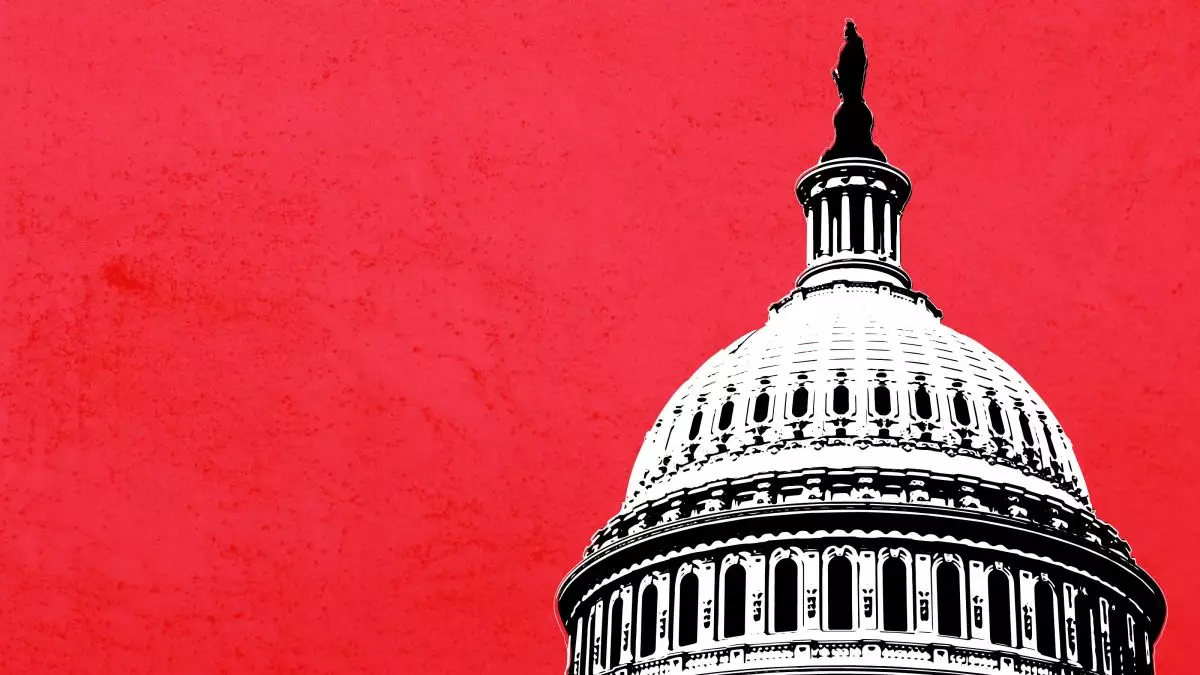The advent of artificial intelligence (AI) technology is reshaping industries at an unprecedented pace, bringing both remarkable advancements and intricate challenges. As debates around the ethical and safe deployment of AI intensify, the establishment of robust oversight bodies becomes increasingly pertinent. The U.S. AI Safety Institute (AISI), initiated in November 2023 under President Joe Biden’s AI Executive Order, is one such entity that is now under threat of dismantlement. This article delves into the significance of the AISI, the current political landscape affecting its future, and the potential repercussions of its disbandment.
The AISI is positioned as one of the few governmental bodies in the United States dedicated purely to the evaluation of AI safety. Operating under the National Institute of Standards and Technology (NIST), this institute’s mission is to provide assessments and guidelines regarding AI systems’ risks. The establishment of this institute highlights a growing recognition of the need for specialized oversight in a field that is drastically transforming the fabric of society. However, while the AISI has managed to forge international collaborations and has an existing budget, its existence hinges on an executive order that can be easily rescinded by future administrations.
Recently, the AISI secured a budget of approximately $10 million. While this may seem substantial, it pales in comparison to the investments made by major tech firms in AI development, particularly those concentrated in Silicon Valley. Chris MacKenzie of Americans for Responsible Innovation argues that a direct congressional authorization would not only cement AISI’s standing but also provide it with a more stable funding framework to support its initiatives. Such congressional backing would signal a broader commitment to AI governance, fostering long-term planning rather than short-term agendas.
The political landscape surrounding the AISI is fraught with uncertainty. The possibility of future administrations undermining or outright repealing the AI Executive Order poses a direct threat to the AISI’s survival. High-profile politicians, including former President Donald Trump, have signaled intentions to roll back existing tech regulations, which heightens concerns regarding the continuity of the AISI’s operations. Experts and industry leaders are advocating for the legislative codification of the AISI as a safeguard against potential political shifts.
In a demonstration of collective concern, over 60 entities—ranging from tech giants such as OpenAI and Anthropic to universities and nonprofits—have urged Congress to formalize the AISI’s status before year-end. This bipartisan appeal reflects a growing recognition of the institute’s potential to establish critical benchmarks for AI safety amidst an evolving global landscape. However, the AISI’s capacity for enforcement and influence is limited, as its current standards are advisory rather than obligatory.
Beyond domestic implications, there is a palpable fear that the U.S. may fall behind other nations in the race for AI leadership if the AISI is allowed to decay. During an AI summit in Seoul, international leaders from countries such as Japan, Germany, and South Korea agreed to form a coalition of AI Safety Institutes. This global initiative underscores the urgency for the U.S. to solidify its own framework for AI governance.
As foreign entities advance their agendas for AI safety and oversight, U.S. lawmakers must recognize that failing to authorize the AISI could compromise America’s position as a leader in AI innovation. Jason Oxman, president of the Information Technology Industry Council, has called on Congress to permanently solidify the AISI’s role, reinforcing its importance in promoting both innovation and responsible AI adoption.
The future trajectory of the U.S. AI Safety Institute represents a critical crossroads in the governance of emerging technologies. With the integration of AI into various sectors accelerating, the establishment of regulatory frameworks that prioritize safety and ethics is essential. By granting the AISI the permanence and support it requires, Congress can ensure that the United States remains at the forefront of AI development while safeguarding against potential risks. The time to act is now; the decisions made today can irrevocably shape the future of not just technology, but society as a whole.

